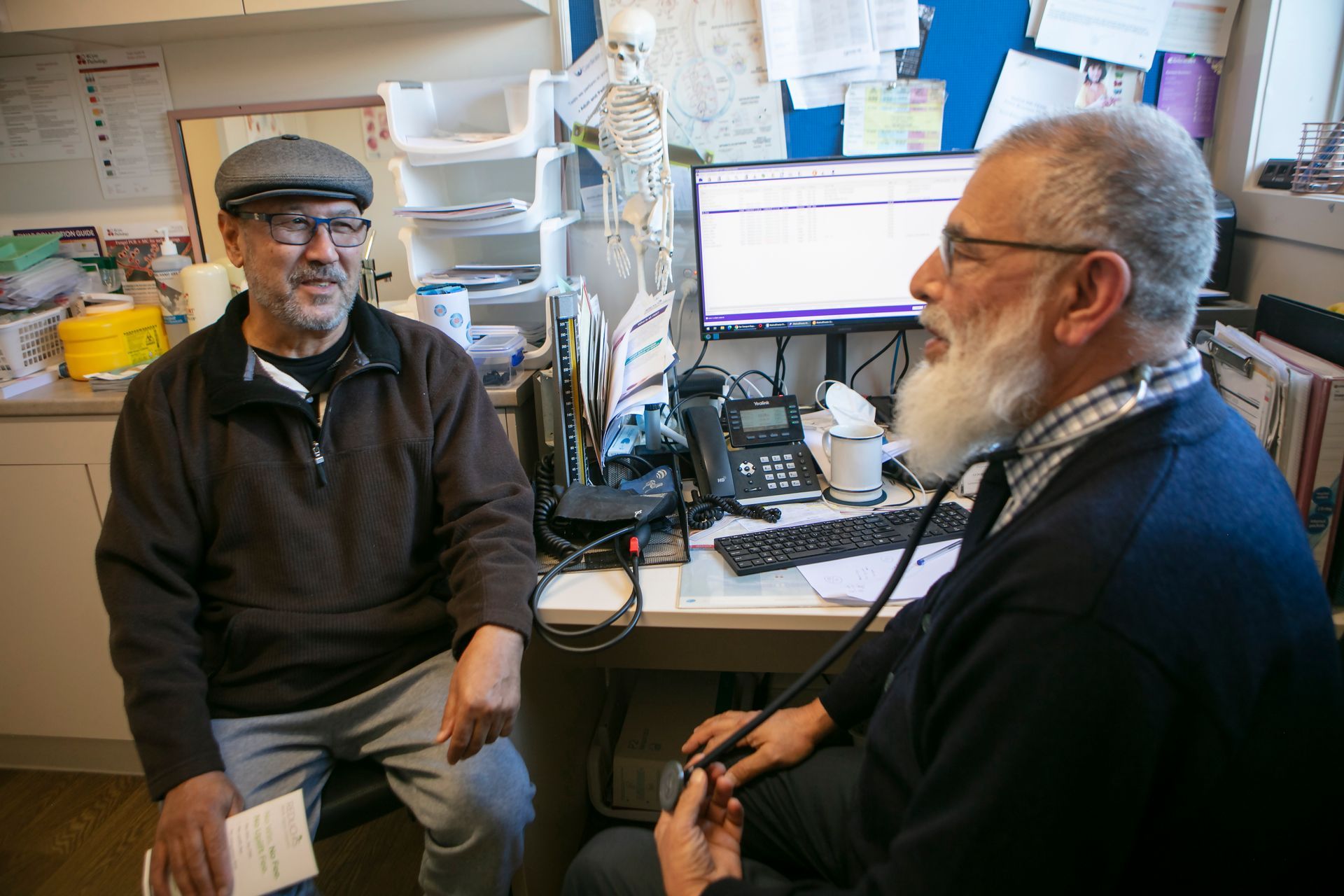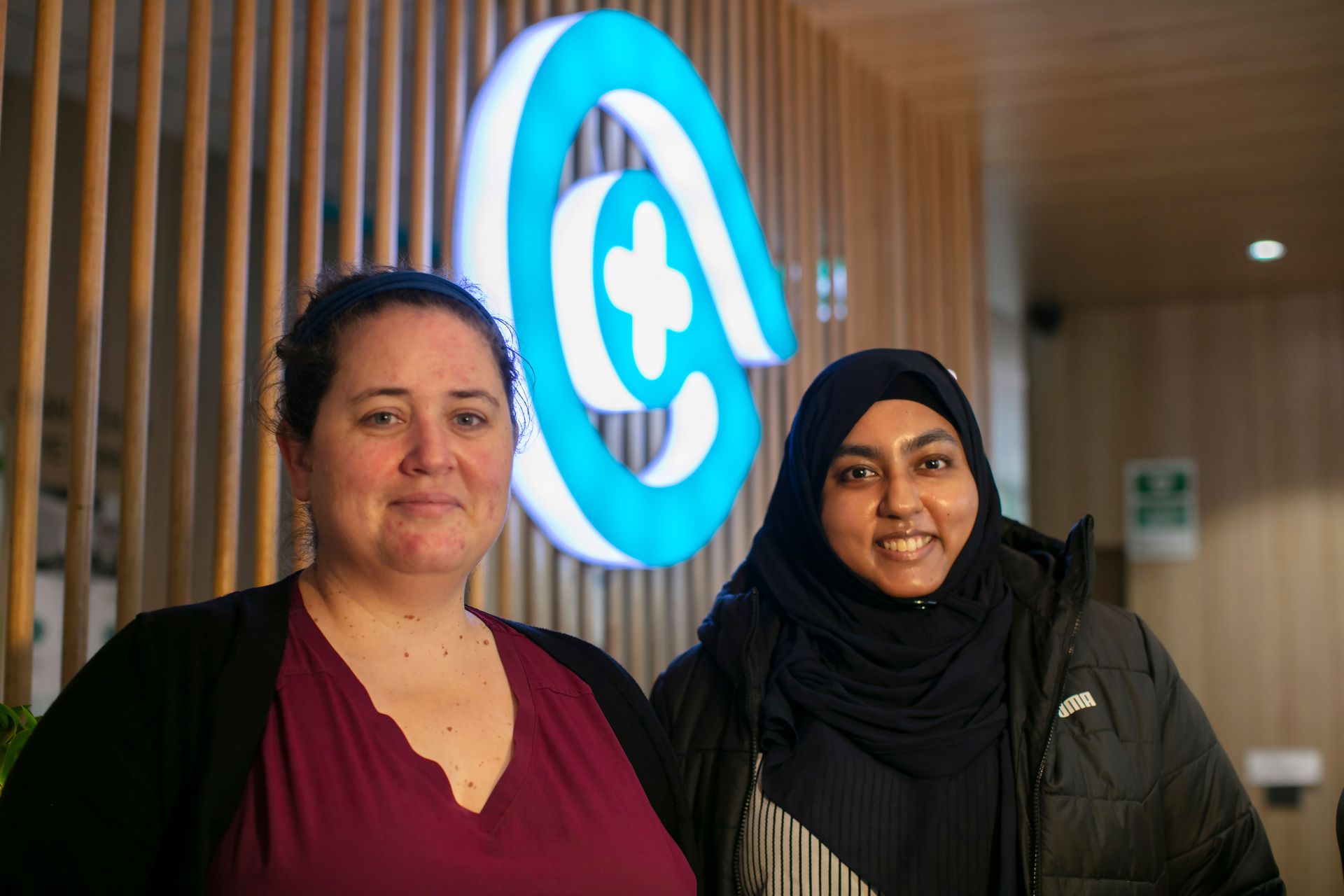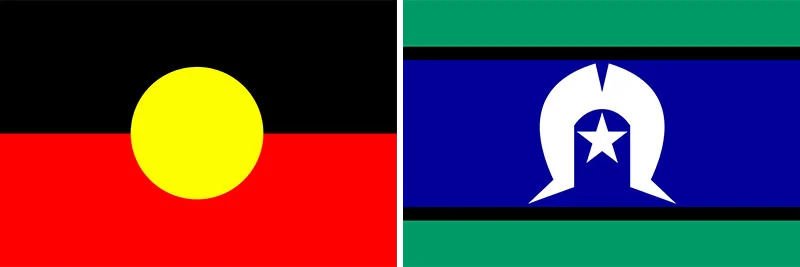Providing early support for people impacted by unexpected or sudden death
Home / News & Opportunities / Latest news / Current post
For every unexpected death, an estimated four to six people will experience severe grief.
An unexpected or sudden death can leave witnesses or surrounding loved ones feeling shocked, traumatised and/ or alone in their loss. Grief can lead to various mental and physical health conditions, and in extreme cases, higher mortality rates.
While there is support for people experiencing bereavement, there are limited early intervention services available for those who are at the scene when police arrive.
In 2020, SEMPHN commissioned a unique collaboration between Victoria Police and Griefline to deliver a much-needed early intervention service. PoliceLine offers six free telehealth bereavement counselling sessions to community members in south east Melbourne who have witnessed non-suspicious deaths and have been referred by Victoria Police Victims Advisory Unit. This includes at-home incidents such as heart attacks, strokes and sepsis; or accidental incidents such as drowning and drug overdoses.*
Griefline receives close to 2,000 referrals from the Victoria Police electronic Referral (VPeR) system each year. Every referral gets access to Griefline’s digital support resources, as well as contact details for Griefline’s helpline service.
Around 600 people each year accept the offer of free counselling support with PoliceLine, which is more than one person a day.
Early findings from a new Doctorate of Clinical Psychology study reveal access to early intervention bereavement support, and programs like Policeline, can help reduce the escalation of grief into mental ill health.
Doctoral candidate Candice Mace along with her supervisor Dr Russell Deighton from the Cairnmillar Institute found there was a reliable and clinically significant reduction in psychological distress for people accessing PoliceLine, with symptoms of depression and anxiety decreasing overtime.
Kate Cahill, Chief Operating Officer at Griefline explains:
“The trained counsellors at Griefline do an amazing job holding people’s grief, loss and trauma in extreme situations. Equipping first responders with a service to refer people to that is free and includes multiple sessions, allows people to seek early support during crisis. It also eases pressure from the police force.”
These prospective findings reinforce the importance of early intervention services in improving health outcomes for people and creating a more streamlined health system.
A randomised control trial is being implemented in 2024 which aims to solidify these initial findings and explore mediating factors to the decrease in psychological distress. This understanding will lead to an improved intervention and training opportunities for Policeline counsellors.
*This service excludes high risk incidents such as suicide, homicides, traffic incidents and infant deaths – these are referred to other specialised services. If you, or someone you know has been impacted by suicide or sudden loss, download our free
Postvention Toolkit.




